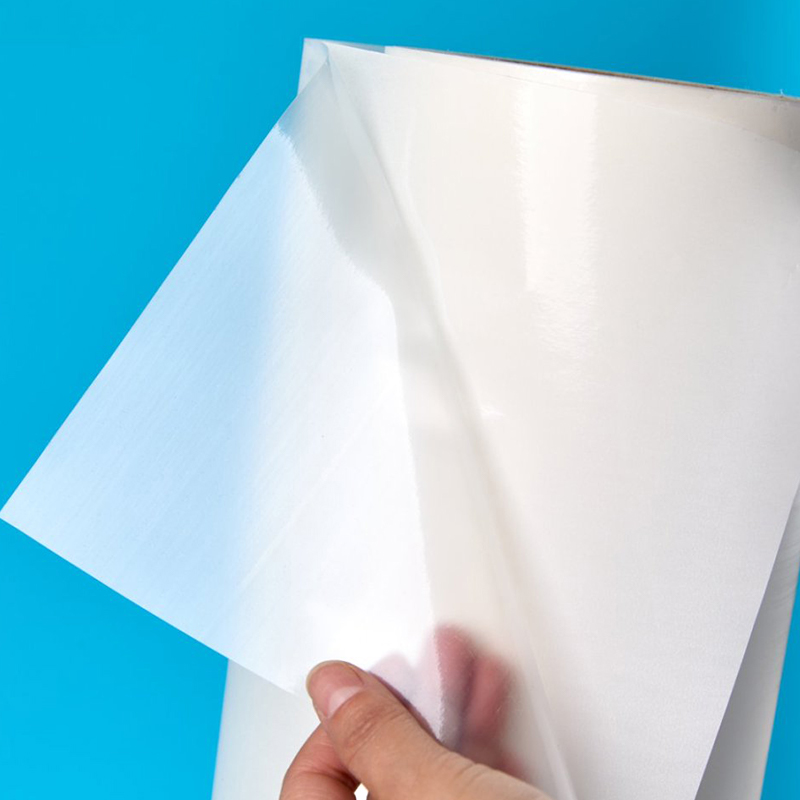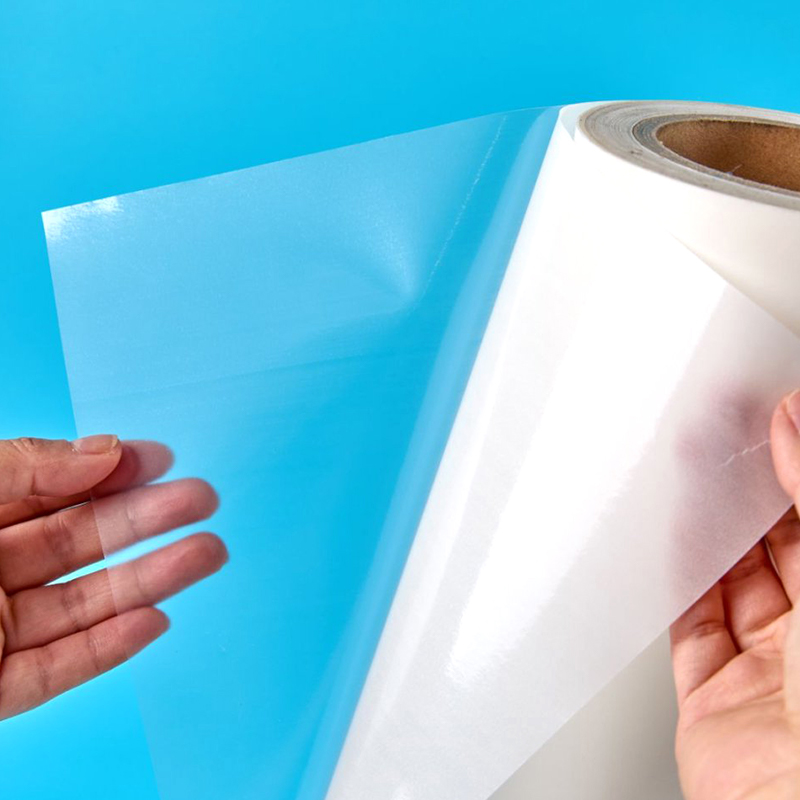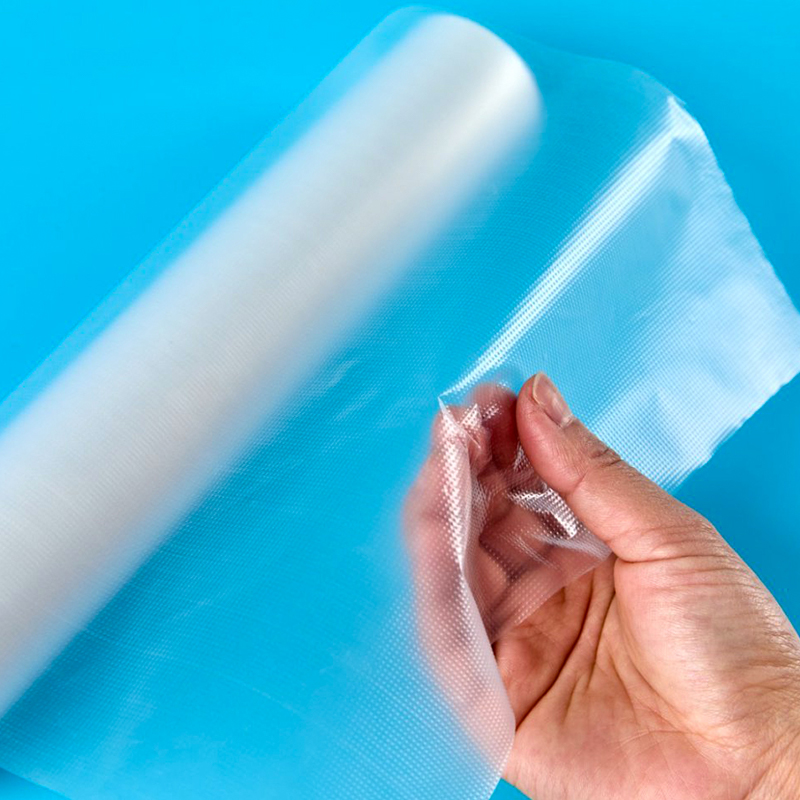Introduction to Water-Soluble Films
Water-soluble films (WSFs) are innovative materials designed to dissolve upon contact with water, offering an eco-friendly alternative to traditional plastics. Typically composed of polyvinyl alcohol (PVA), these films are biodegradable and non-toxic, making them suitable for various applications where environmental impact is a concern.
Advantages of Water-Soluble Films Over Traditional Plastics
Water-soluble films present several advantages over conventional plastic packaging:
- Biodegradability: WSFs decompose naturally, reducing long-term environmental pollution.
- Enhanced Safety: Ideal for single-use applications, minimizing exposure to hazardous substances.
- Cost-Effectiveness: Potential for reduced disposal costs and compliance with environmental regulations.
Challenges in Adopting Water-Soluble Films
Despite their benefits, the adoption of water-soluble films faces certain challenges:
- Production Costs: Higher manufacturing expenses compared to traditional plastics.
- Performance Limitations: Issues with durability and water resistance in certain conditions.
- Regulatory Hurdles: Variations in regulations across regions affecting market entry.
Applications Across Industries
Water-soluble films are utilized in various sectors:
- Agriculture: Packaging for agrochemicals ensures precise dosing and reduces waste.
- Pharmaceuticals: Single-dose packaging enhances patient compliance and safety.
- Consumer Goods: Detergent pods and personal care products benefit from convenient and eco-friendly packaging.
Future Outlook and Innovations
The future of water-soluble films looks promising with ongoing research and development:
- Material Advancements: Development of more durable and versatile film compositions.
- Wider Adoption: Increased integration into various industries as sustainability becomes a priority.
- Circular Economy Integration: Potential for recycling and reuse, contributing to a circular economy model.
FAQ
What are water-soluble films made of?
Water-soluble films are primarily made from polyvinyl alcohol (PVA), a synthetic polymer known for its biodegradability and water solubility. These films are designed to dissolve in water, leaving minimal environmental impact.
Are water-soluble films safe for the environment?
Yes, water-soluble films are considered safe for the environment. They are biodegradable and non-toxic, breaking down into natural components without leaving harmful residues.
Can water-soluble films be used for food packaging?
Water-soluble films can be used for food packaging, provided they meet food safety standards and regulations. They offer an eco-friendly alternative for single-use food packaging applications.
What industries are adopting water-soluble films?
Industries such as agriculture, pharmaceuticals, and consumer goods are adopting water-soluble films for applications like agrochemical packaging, single-dose pharmaceutical packaging, and detergent pods.
What are the challenges in using water-soluble films?
Challenges include higher production costs, potential performance limitations under certain conditions, and varying regulatory standards across regions.

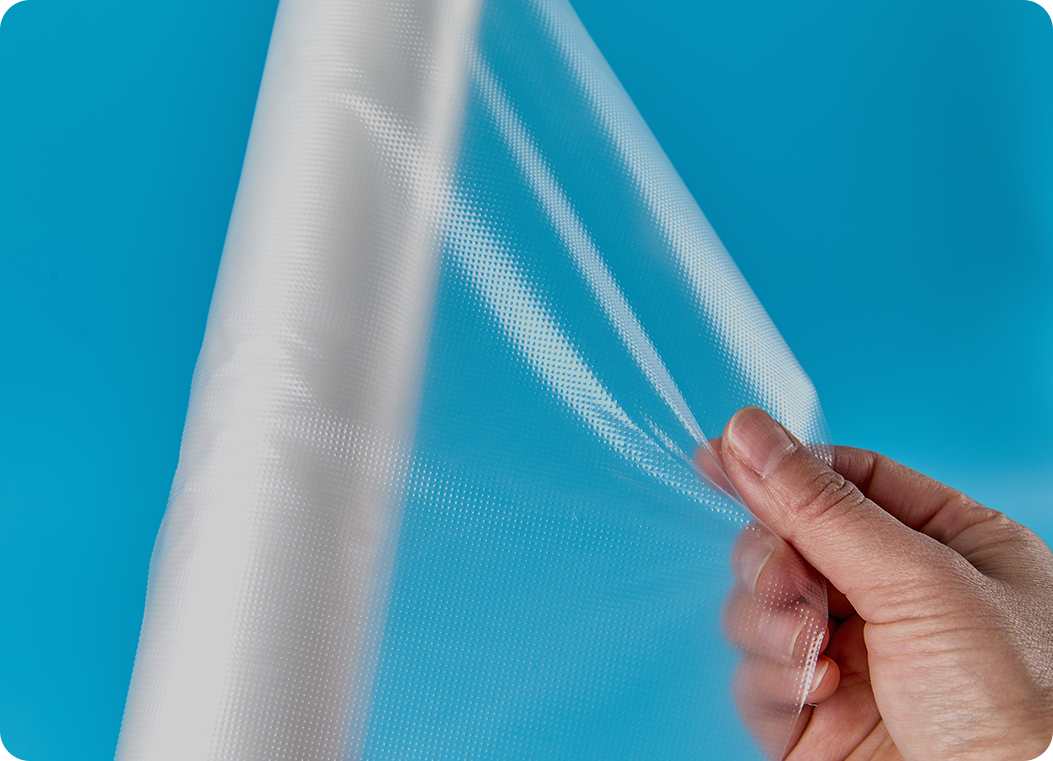
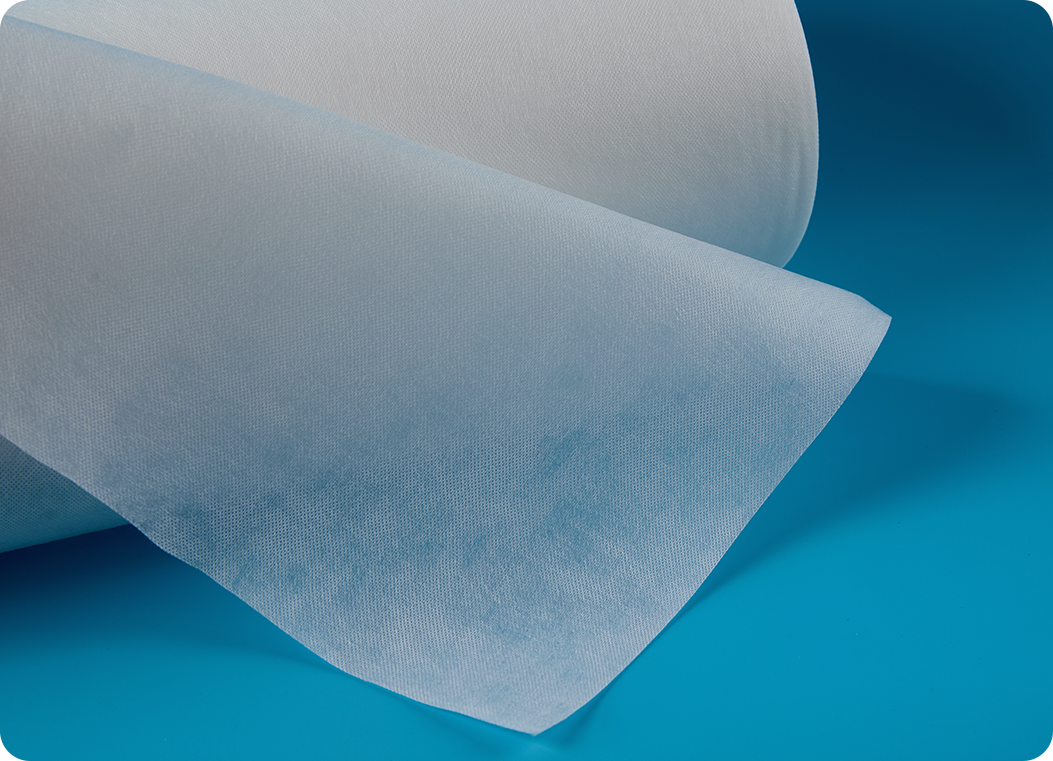


 English
English 中文简体
中文简体 Türk
Türk